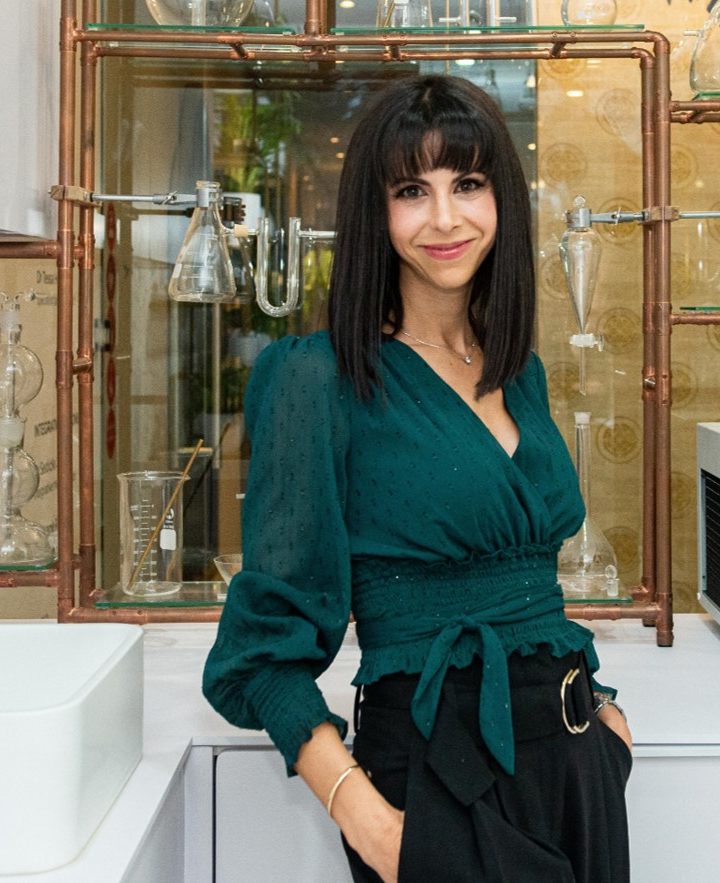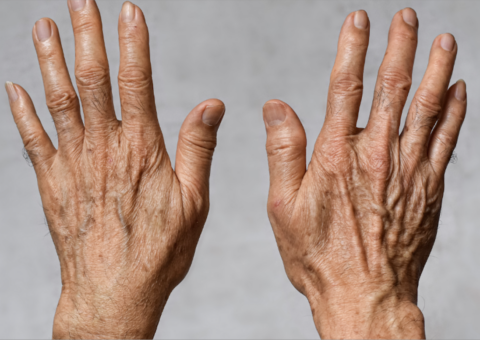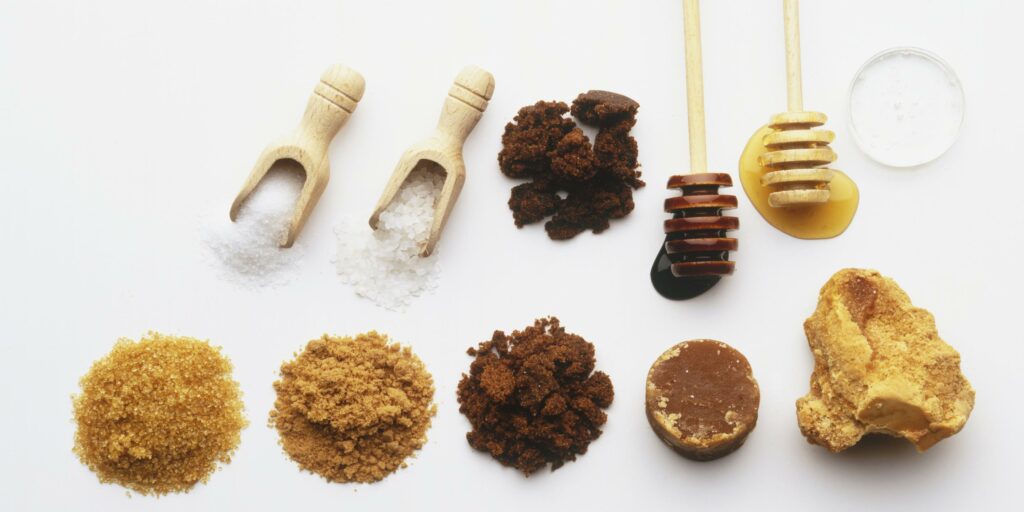
If you haven’t been following TASH 360 news, then it’s about time that you do; because we’ve already unpacked Non-Nutritive/ ‘fake’ (low calorie) sweeteners in a previous blog post. Seriously, you don’t want to miss out on any of our content – we’ve got truthful & concise nutritional tips covered by our expert in the field, Steph Rouillard.
For the purpose of our sweetener series, we’re labeled natural sweeteners as ‘real’ sugars, and ‘made-made’ sweeteners as ‘fake’ sugars.
The word ‘natural’ or ‘real’ shouldn’t equate to ‘Go Wild!’ in your mind – all sweet foods should always be consumed in moderation. Importantly, each individual has a different tolerance for ‘sweet foods’ influenced by factors such as one’s genetic profile, gut microbiome, and existing health concerns. We recommend that you determine your ‘sugar tolerance’ to different foods with our Nutritionist – we can test your ‘blood sugar response’ to various foods using the latest technology & make suggestions as to which foods are better for YOU. Here, at TASH 360, we’re all about Individualised care.
We’re firm believers of nourishing your body with whole, real foods; so when it comes to satisfying your sweet tooth, here are some go-to natural options that are rich in anti-oxidants & nutrients:
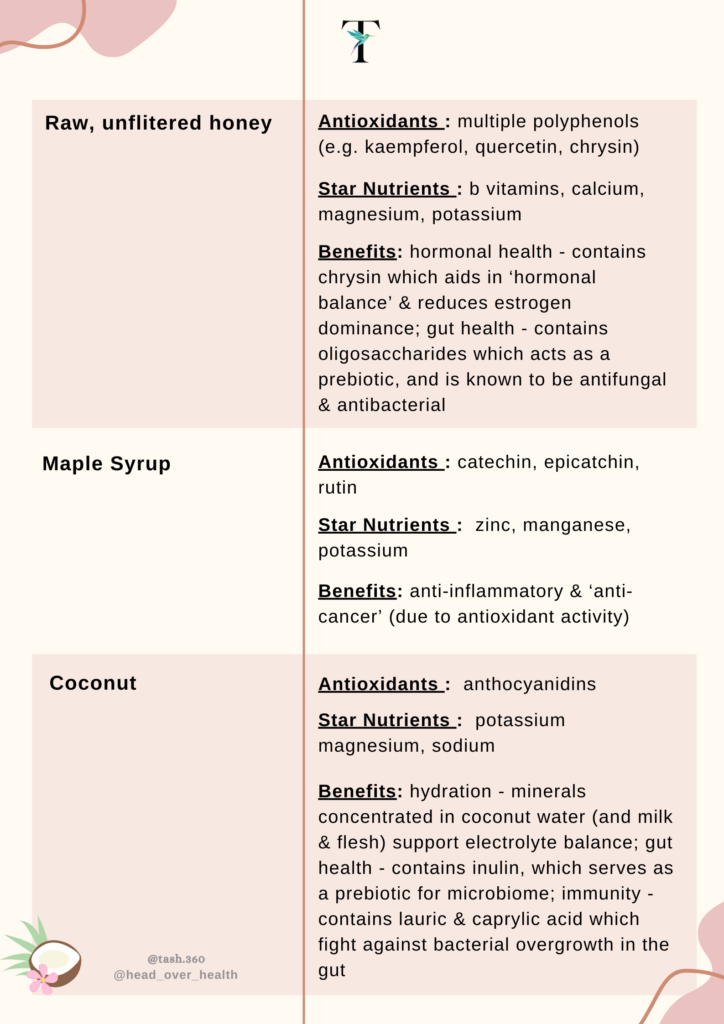
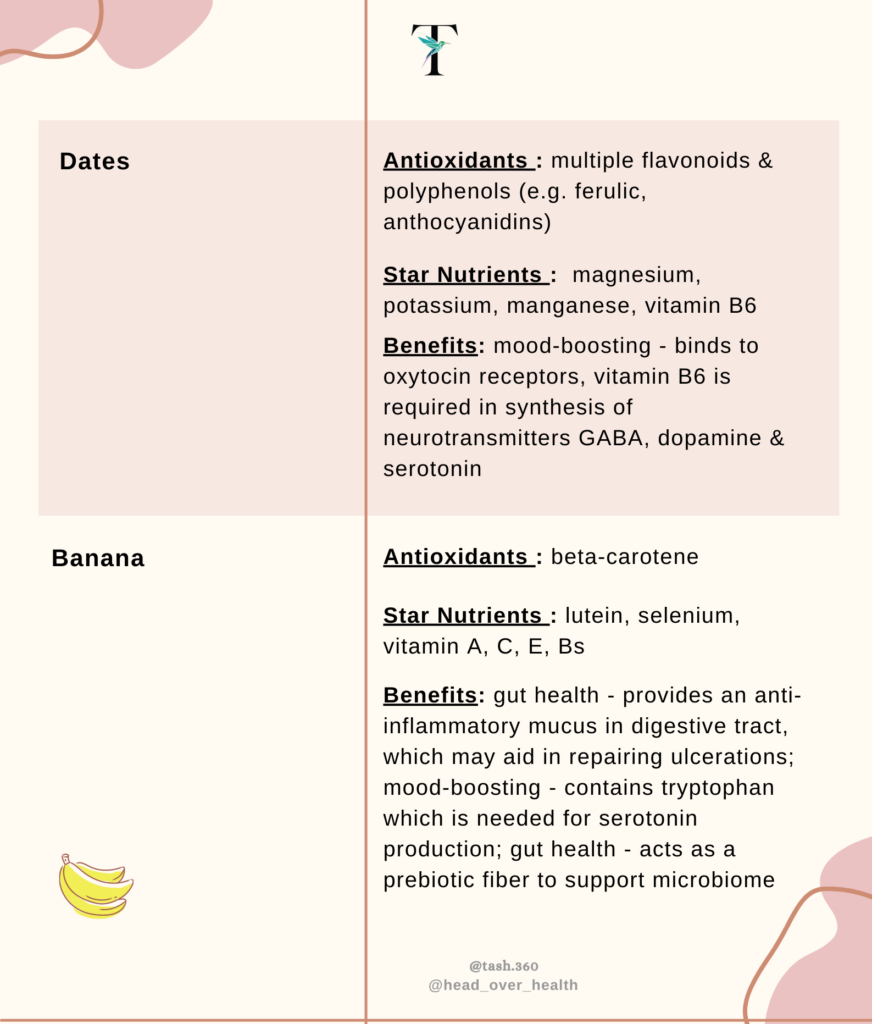
![]() Sugar Wars, with Steph Rouillard:
Sugar Wars, with Steph Rouillard:
Coconut Sugar vs. Brown Table (Cane) Sugar:

Coconut sugar is derived from the sap of coconut palm trees, whereas table sugar is made from sugar cane. Coconut sugar has the slight nutritional ‘edge’ in comparison to cane sugar as it’s richer in trace minerals (iron, zinc, calcium potation) & MCT fats. Although higher in nutrients, its only marginally higher.
Some select coconut sugar over cane sugar due to its lower GI score. Meaning that it may have a more favorable effect on your blood sugar levels after consumption; however, the GI scores of each variety only differ slightly from one another. On the calorie & carb front, coconut & cane sugar are pretty much ‘even stevens’.
Bottom line: Having coconut sugar over table sugar is not going to ‘make or break’ your nutritional intake for the day. Personally, when it comes to making the decision, I always select the alternative with the higher mineral content (coconut sugar > cane sugar), but I wouldn’t feel comfortable calling any sugar ‘healthier’ than the other because it misleads consumers to consume higher amounts of sugar.
Honey vs Maple Syrup

If you’re vegan, then you probably want to skip this bit – honey is ‘off the table’ for you. The recent surge in maple syrup intake is closely related to the increase in veganism. Honey is derived from bees (hoping you knew this one), whereas maple syrup is derived from maple trees so its down-right vegan.
Both have similar GI scores’ and contain antioxidants, vitamins & minerals – as do most ‘real’, minimally processed foods – honey is higher in Vitamin C, iron, copper, phosphorus; whereas Maple Syrup is higher in calcium, potassium, magnesium and zinc. In general, maple syrup has a higher carb and calorie load. Again, it’s much of a muchness, unless you’re vegan of course.
Bananas vs Dates
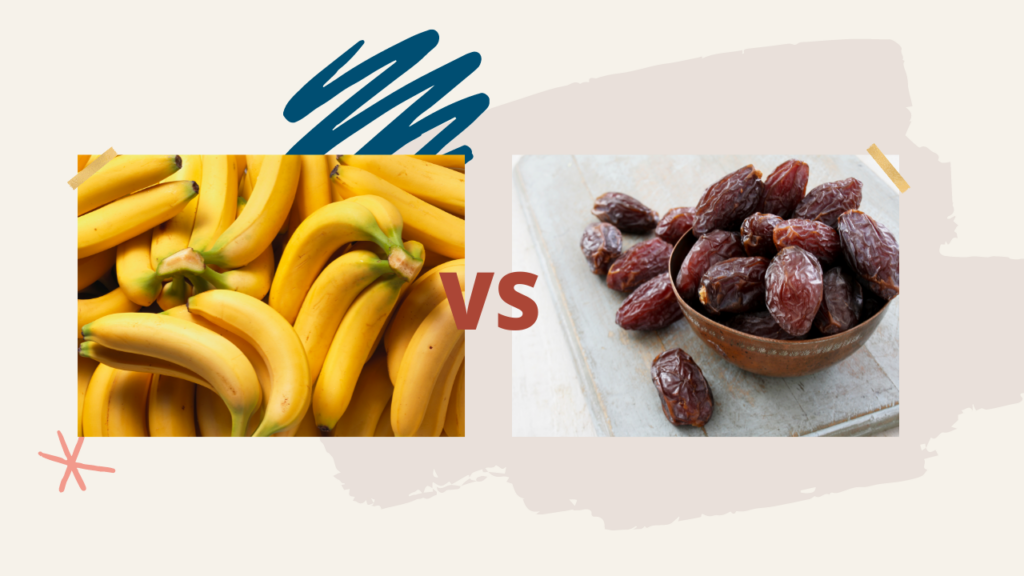
When comparing 4 dates (approx. 100g) to 1 medium sized banana (approx. 100g); dates are significantly higher in dietary fiber, carbs and calories. They’re about 15% higher in potassium & magnesium, and contain more vitamin B3, B5 & calcium. Bananas come out tops for their Vitamin C content.
Both provide moisture, exert binding properties, and act as starchy fillers with mild sweetness. They work well in nut-flour based quick breads and muffins!
At TASH 360, we believe in personalized care. Visit our nutritionist, Steph Rouillard, to help you make the right lifestyle choices and to get your gut right and your internal antioxidant system in tip-top condition!



